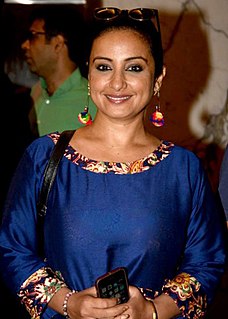A Quote by Paul Virilio
I think that cinema and television have nothing in common. There is a breaking point between photography and cinema on the one hand and television and virtual reality on the other hand.
Quote Topics
Related Quotes
Reality television is to television what marble and gold are to real estate. The point is to dispense with the idea of taste. It's all id. The more unrestrained the better. We all know that 'reality' in reality television is not real. That anybody who would participate in reality television is a fake. But pretending otherwise makes them real.
The tough decisions that a president has to make in the Oval Office are in no way related to the capability of a person to do well on television. On the other hand, the capability of a person to project favorably on television enhances that person's odds of being elected so he can serve in the Oval Office. So you can't ignore the talents, one, to be very effective on television, and on the other hand, to be very effective as an operating president.
The simulator is the stage in-between television and virtual reality, a moment, a phase. The simulator is a moment that leads to cyberspace, that is to say, to the process because of which we now have two bottles instead of one. I might not see this virtual bottle, but I can feel it. It is settled within reality. This explains why the word virtual reality is more important than the word cyberspace, which is more poetic.
Cinema is a technologically mediated dreamspace, a way to access, a portal to the numinous that unfolded in the fourth dimension, so cinema became sort of a waking dream where we can travel in space and time, where we can travel in mind. This became more than virtual reality, this became a real virtuality.





































